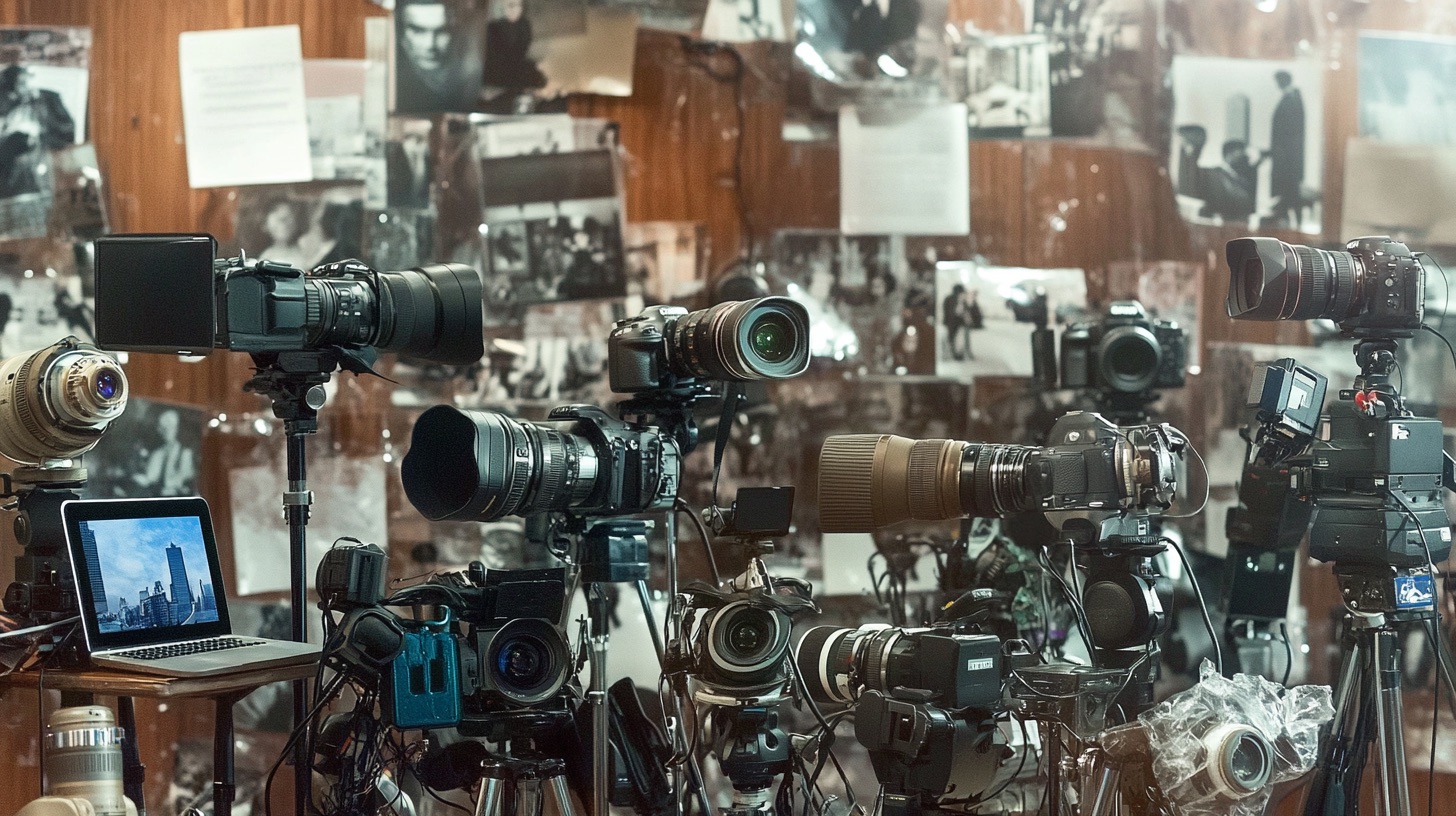The re-election of the 45th President on November 5 has cast a shadow over the future of the freedom of the press in the United States. As the incoming administration prepares to take office, escalating hostility toward the media signals a troubling shift in the balance between power and accountability. With threats of litigation, overt government interference, and aggressive rhetoric, this approach to the press has profound implications for democracy.
Lawsuits as Weapons
The recent $10 billion lawsuit against CBS over Vice President Kamala Harris’s 60 Minutes interview exemplifies the intent to use the judicial system to intimidate and suppress critical media outlets. While legal experts universally dismiss the lawsuit as baseless, it has already served its purpose: creating a chilling effect on journalistic practices.
Filed in a jurisdiction known for favoring conservative causes, the lawsuit strategically plays into a larger narrative of attacking so-called “fake news” and undermining public trust in the press. CBS’s bold response—challenging the President-elect to appear on 60 Minutes to address grievances—stands as a testament to the courage needed to uphold journalistic integrity in these trying times.
A Climate of Fear
During the campaign, the President-elect intensified verbal assaults on the media, frequently encouraging supporters to boo and jeer at reporters during rallies. These orchestrated moments of hostility have now become a fixture of this political movement, cultivating an environment where journalists feel unsafe and targeted.
Moreover, threats to revoke broadcast licenses, investigate networks like NBC for “treason,” and imprison journalists for protecting sources have transitioned from campaign bluster to potential policy goals. This weaponization of government power against the press is an unprecedented escalation that could fundamentally alter the landscape of American journalism.
The Erosion of Public Trust
Anti-media rhetoric has significantly contributed to declining public trust in journalism, particularly among Republicans. According to a Pew Research Center study, trust in national news organizations among Republicans has plummeted to a historic low. This erosion of trust feeds into a vicious cycle: as the public becomes more skeptical of the media, efforts to hold power accountable become increasingly difficult.
A new FCC, a new mission: the “censorship cartel”
The appointment of Brendan Carr as FCC Chairman by the 2025 President-elect signals a potential shift in the regulatory landscape with significant implications for media and communications. Carr, known for his staunch criticism of major tech companies and advocacy for dismantling what he describes as a “censorship cartel,” has promised to reduce legal protections for platforms and scrutinize media organizations more closely. While Carr frames his priorities as promoting free speech, critics warn that his approach could lead to increased governmental control and suppression of dissenting voices. This appointment further underscores the incoming administration’s intent to reshape the boundaries of the freedom of the press and media accountability.
Why A Free Press Matters
A free press is not just a cornerstone of democracy; it is its lifeblood. The First Amendment ensures that journalists can report without fear of censorship or retribution, holding those in power accountable and keeping the public informed. Recent rhetoric and actions threaten to undermine these principles, creating a landscape where dissent is punished and misinformation thrives.
Now more than ever, news organizations must demonstrate an unwavering commitment to truth, accuracy, and ethical reporting. Journalistic integrity cannot be compromised, even in the face of political and legal pressures.
A Call to Action
As the incoming administration prepares to assume power, defending a free press will require collective effort. Journalists must continue to pursue their mission with courage, while the public must remain vigilant in supporting a free and independent press. Only through such unified resolve can we preserve the values that underpin American democracy.
Protect Your Privacy
It’s critical for individuals to take steps to safeguard their personal privacy. Use private browsing modes to limit tracking, VPNs to protect your location and encrypt your online activity, and messaging apps with end-to-end encryption (E2EE) to secure your communications. For highly sensitive information, consider using TOR to anonymize your online presence. By adopting these tactical privacy measures, you can protect yourself and support a culture of free and open communication in an increasingly surveilled world.
This critical juncture for the United States demands action. How the nation addresses these challenges will define the future of its democracy and the role of the press in safeguarding it.


